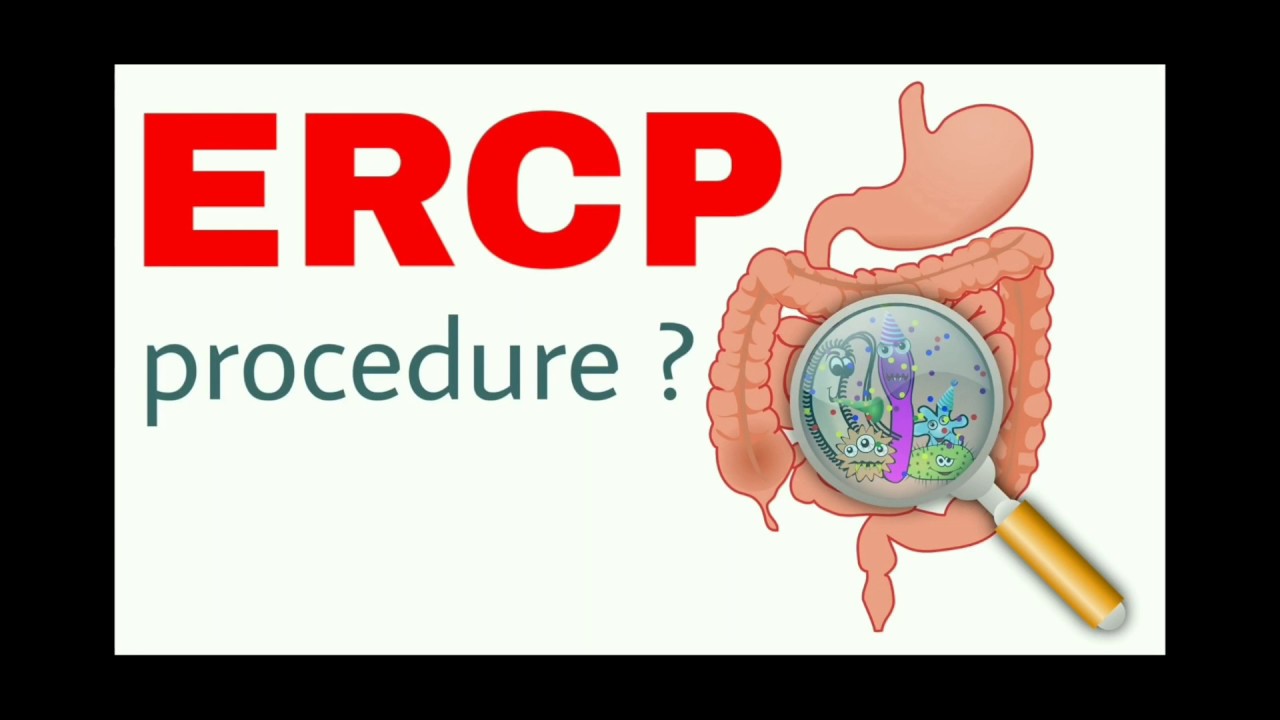All you need to know about ERCP procedure
What is ECRP?
ERCP is procedure that allow gastroenterologist doctors to examine pancreatic and bile ducts. ERCP is a flexible, lightweight tube (endoscope) having thickness of index finger which can be inserted through mouth and into your stomach and first part of the small intestine (duodenum). In the small intestine there are 2 small openings ampulla and cannula through which tube is inserted. Then dye (contrast material) is injected into the area and X-rays are taken in order to study the ducts of the pancreas and liver.
Why is an ERCP performed?
ERCP is very useful to examine and treat the conditions of pancreas or bile ducts. It is very useful to diagnose symptoms of diseases and abnormalities in these organs that includes abdominal pain, weight loss, jaundice (yellowing of the skin), or an ultrasound or CT scan that shows stones or a mass in these organs.
ERCP is also useful the post-operative performance of gallbladder surgery, diagnose and remove bile duct stones, diagnose and treat cancerous and noncancerous tumours.
ECRP is also used to determine, whether surgery is required aor not for suspected or known pancreatic disease and pancreatic stones can also be removed by it.
What precaution is required before ERCP?
- Person should not eat anything apprx. 8 hours before the examination.
- Person should discuss with doctor about his/her current medication.
- Also discuss about allergies if any.
- Also, inform about diseases like heart or lung disease as it may require special care while performing procedure.
What can be expected during the ERCP?
Local anaesthetia is used before procedure to numb your throat and prevent gagging. Doctor also give some medications to feel relax during procedure. Then person is allowed to lying down in comfortable position an X-ray table and endoscope is passed through mouth down to esophagus, and into stomach and duodenum.
Usually the procedure lasts for 1 hour but time may vary depending on planned intervention. Note that endoscope does not interfere with breathing. Person may feel temporarily bloated during and after the procedure due to the air used to inflate the duodenum.
What happens after ERCP?
Once the process is done, physician will inform about test results on the same day. Biopsy results may take few days. Person is kept under observation for 1-2 hours
You will be monitored in the endoscopy area for 1-2 hours until the effects of the sedatives have worn off. Person may feel sore for 1-2 day in throat area. He/she can resume diet and take routine medication after you leave the endoscopy area, unless otherwise instructed.
What complications can occur?
ERCP is absolutely safe if performed by well experienced and trained endoscopic physician. Usually there are no complications, however, they can occur like pancreatitis due to irritation of the pancreatic duct by the X-ray contrast material or cannula. A reaction due to the sedatives may occur. Irritation in vein in which medications were given. Slight bleeding may occur during surgery.




Leave a Reply